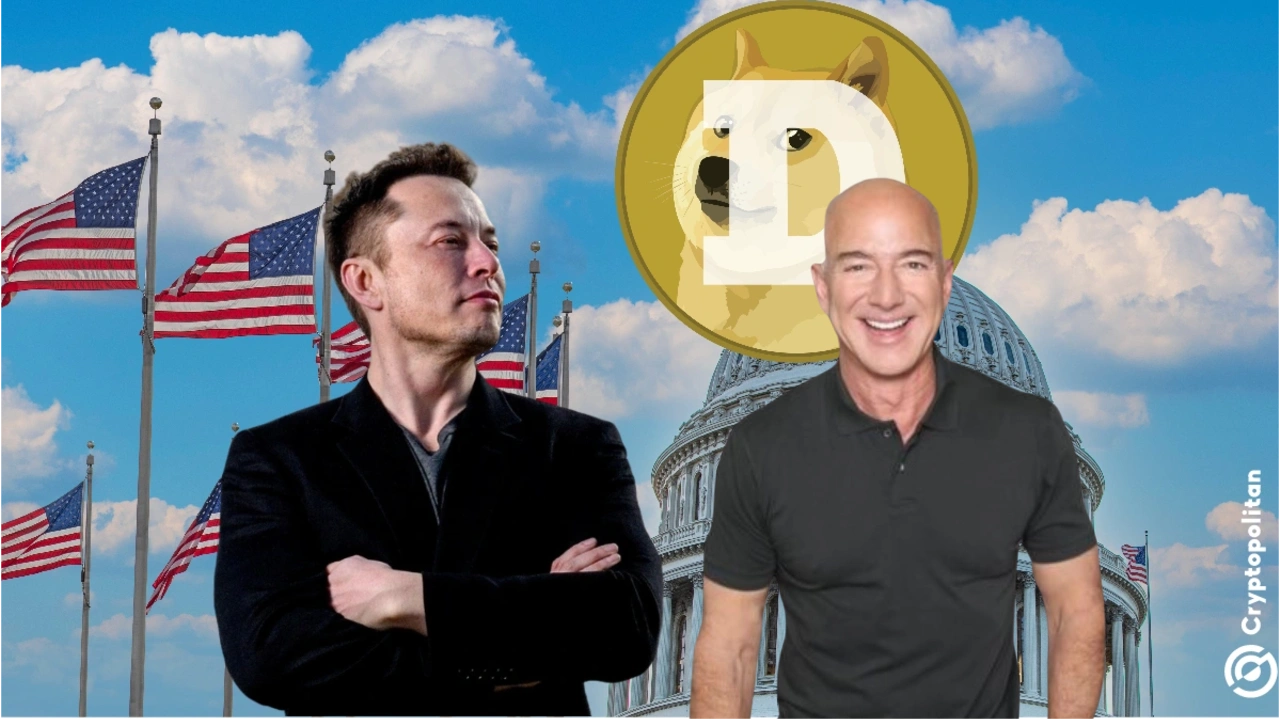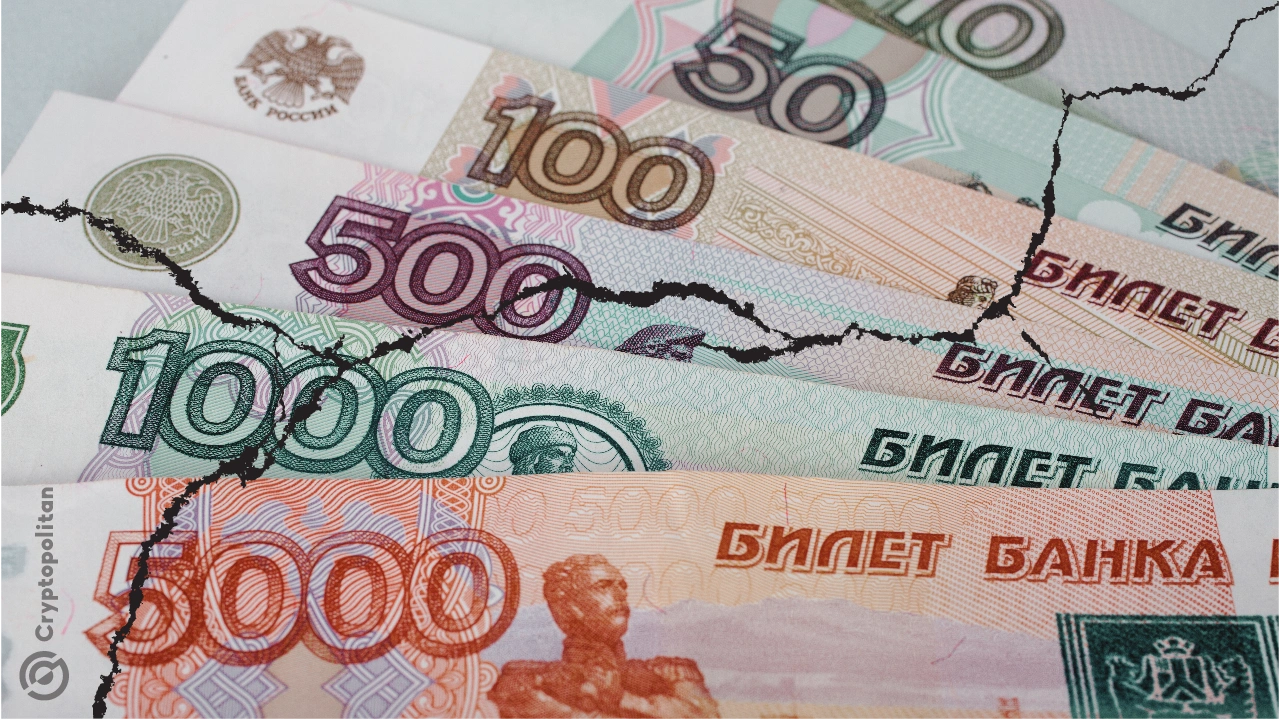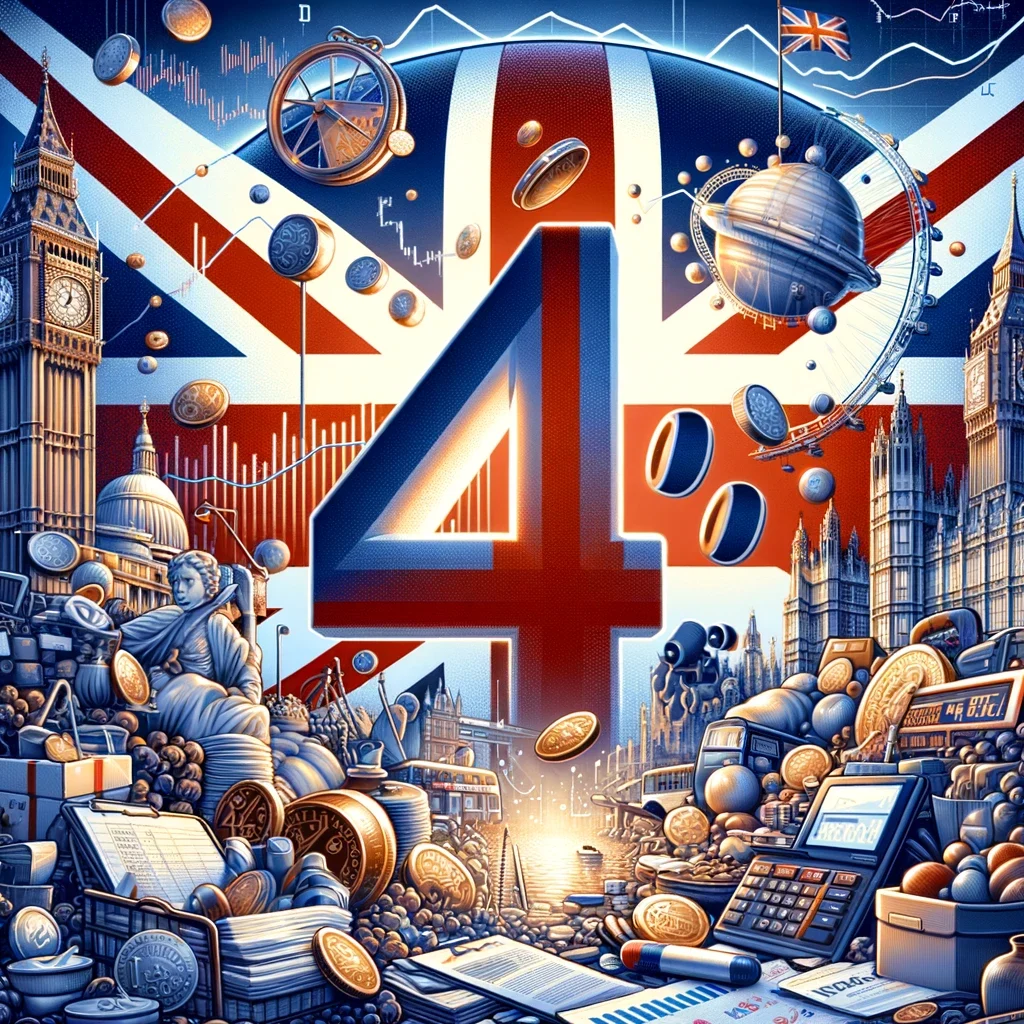Jeff Bezos has proposed a solution to the United States’ $33 trillion debt crisis to his longtime rival, Elon Musk: grow the economy so big and fast that the debt shrinks as a percentage of GDP. In his words, “You have to grow the denominator.”
The Amazon founder laid out his economic vision at a New York Times DealBook event, doubling down on his support for Trump’s deregulation agenda, while also taking subtle jabs at Elon.
Bezos described America as bogged down by excessive regulations, from infrastructure projects that never seem to get off the ground to the slow-moving approval processes in almost every sector.
“You can’t even build a bridge,” he said, optimistic that Trump, in his second term, could strip away barriers holding the economy back. “I’m actually very optimistic this time around. [Trump] seems to have a lot of energy around reducing regulation. If I can help him do that, I’m going to help him.”
But this could also be about taking on Elon, who some say could use his ties to Trump to tilt the playing field in his favor.
The Bezos playbook: GDP growth over debt cuts
Bezos sees the solution to the national debt as a matter of scale. Shrinking the debt outright? Unrealistic. Growing GDP by 3%, 4%, or even 5% a year? That’s how you make debt “a very manageable problem,” according to him.
He pointed to America’s unique advantages, including abundant natural resources, energy independence, and what he called “the best risk capital system in the world.”
But Bezos didn’t stop at optimism. He hammered on the roadblocks: endless permitting delays and regulations that stifle growth. He’s betting on Trump’s ability to overhaul these systems, describing the former president as “calmer, more confident, and more settled” than in his first term.
Elon’s power play?
Elon has spent years cultivating an image as a disruptor, and his new relationship with Trump has some worried he could use government power to crush competition.
Critics warn Elon could push federal agencies to investigate rivals, change regulations to benefit his companies or lock down government contracts for SpaceX and Tesla.
“The federal government has a set of tools in its toolbox,” said one legal expert, speaking anonymously, “and the question is, will those tools be governed by objective standards or by the material impulses of either the president or Elon Musk?”
Bezos knows this all too well. The two billionaires have been rivals for years, fighting over NASA contracts, satellite launches, and even the title of the world’s richest person. Elon’s SpaceX has consistently outperformed Bezos’s Blue Origin, winning splashy deals for lunar landings and missions to the International Space Station.
Elon has been mocking Bezos for a long time, calling him a “copycat” and dismissing Blue Origin as a distant second in the space race.
Now, Elon’s dominance extends beyond rockets. SpaceX’s Starlink has launched thousands of satellites, giving it a commanding lead in the low-earth orbit internet market.
Bezos’s competing Project Kuiper is still in development, with Amazon planning to send up 3,200 satellites to challenge Starlink.
NASA and AI
Jared Isaacman, an Elon ally, has been tapped as Trump’s pick for NASA administrator. Critics say this appointment could further entrench SpaceX’s dominance in space exploration, sidelining competitors like Blue Origin.
Bezos, however, shrugged off these concerns. “I take it at face value that he’s not going to use his political power to advantage his own companies or to disadvantage his competitors,” he said, though he added, “I could be wrong about that.”
The rivalry isn’t just about space. Elon’s battle with OpenAI co-founder Sam Altman has also escalated, with lawsuits and public spats over the future of artificial intelligence. Elon, who helped launch OpenAI in 2015, accused the company of abandoning its non-profit mission by prioritizing profits.
OpenAI responded by releasing emails showing Elon’s initial support for revenue-driven models to fund large-scale AI research.
Elon’s influence on AI policy could grow even stronger under Trump. David Sacks, another Elon ally and the White House’s new AI czar, could steer contracts and regulations toward “open source” AI projects like Elon’s xAI.
That would spell trouble for competitors like OpenAI and Microsoft, both of which have invested heavily in proprietary AI models.
Tesla and the future of EVs
Tesla stands to gain the most from Elon’s Washington connections. The company has long dominated the electric vehicle market, but government investigations into Tesla’s autonomous driving technology could disappear under Trump’s administration.
Elon’s buddy Vivek Ramaswamy has already criticized a $6.6 billion federal loan commitment to Rivian, a Tesla competitor, suggesting such subsidies could be rolled back.
Tesla received similar federal support in 2010—a $465 million loan from the Department of Energy that helped it survive its early struggles. Vivek’s position as co-chair of Trump’s Department of Government Efficiency (D.O.G.E) group only amplifies these concerns.
A Step-By-Step System To Launching Your Web3 Career and Landing High-Paying Crypto Jobs in 90 Days.





